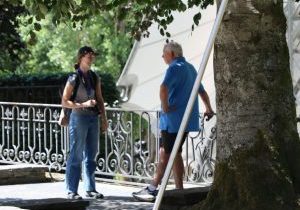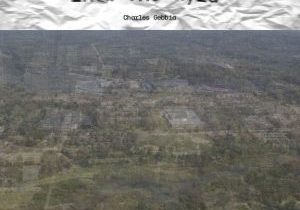Stephen DeSalvo’s (EC 14) advice may seem even more sound when you learn that his Capstone was named the best project in the Natural Sciences category.
As an engineering student, your Honors experience is sure to be unique in comparison to students from nearly all other backgrounds. The experience will be just as rewarding for you as it is for all other students, perhaps even more so, but the need to start early is pivotal. My primary piece of advice is to start freshman year in an engineering laboratory of interest to begin research and experimentation. After just a year, I assure you that numerous ideas will become apparent as to what you may want to study for your capstone project. From there, it is smooth sailing (relatively speaking, of course).
I found that many of my friends from other majors struggled most with finding a reasonable topic, as well as with “getting started”. As a student who started working in the area in which I knew I would end up conducting my research for my capstone project, this was not an issue. In fact, over the many years in which I worked in the lab, I found that the studies and research I conducted were useful in laying the foundation for my capstone work.
I strongly believe that you will get out of the Honors Program exactly what you put into it. I did not find that I had many more opportunities than other students outside of the Honors Program, generally, until I began to utilize the structure it sets up for academic success. To me, the Honors Program enables students to go into greater depth on topics of particular interest. Know why you are joining the program, and be prepared to motivate yourself to reach the objectives and goal you originally set when you became a member. The experience is certainly worthwhile if you are prepared for the exciting challenges it will present.
Stephen’s Capstone is entitled “Probing Cell Membrane And Biofilm Extracellular Matrix Interactions With Tumor Necrosis Factor-Alpha and Interleukin-6 Through Molecular Dynamics Simulations Using A Detailed Chemical Description” and Prof. Radhakrishna Sureshkumar acted as his advisor.



